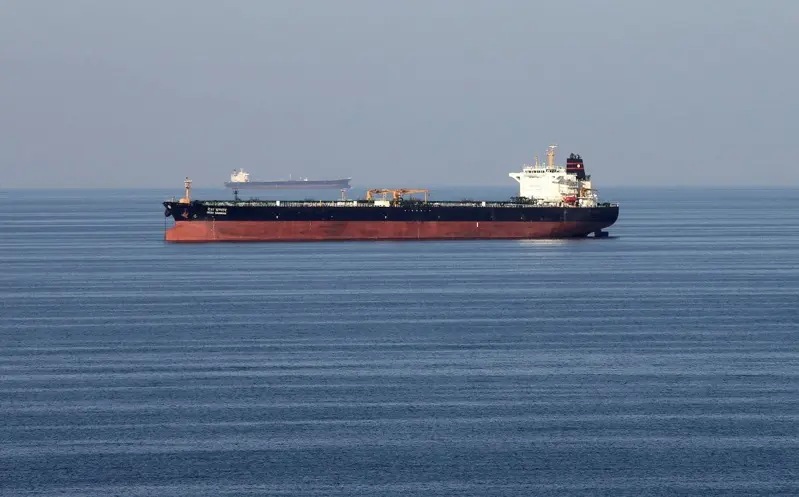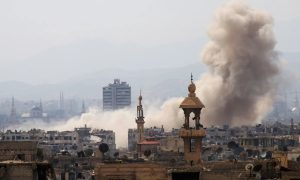If Iran closes the Strait of Hormuz, China and other four Asian countries will bear the brunt of the worst situation

The United States has joined Israel in attacking Iran’s nuclear facilities. The Iranian parliament has approved the blockade of the Strait of Hormuz in retaliation, and it is only waiting for the final decision of Iran’s Supreme National Security Council. The South China Morning Post reported that once the supply of the Strait of Hormuz is interrupted, Asian markets such as China, India, Japan and South Korea will be the first to bear the brunt. In the worst case, oil prices will soar to as high as $130 per barrel, further exacerbating the already high inflation situation.
Shipping importance of the Strait of Hormuz
Located between the Persian Gulf and the Gulf of Oman, the Strait of Hormuz is a waterway that is only about 33 kilometers wide at its narrowest point. According to the U.S. Energy Information Administration (EIA), about 20% of the world’s oil and natural gas transportation passes through this waterway.
In 2024, about 84% of crude oil and condensate and 83% of liquefied natural gas will be transported to Asia through the Strait of Hormuz. The main markets include China, India, Japan and South Korea, accounting for about 69% of the total, and are likely to bear the brunt of the supply interruption.
Among them, China is the world’s largest oil importer, surpassing the United States since 2017, and more than 70% of its oil is imported, of which about half comes from the Middle East.
Record of Strait of Hormuz blockade
The Strait of Hormuz has never been completely blocked, but there have been interruptions many times, including attacks on oil tankers during the Iran-Iraq War in the 1980s, tensions between the Iranian and US navies in 2007, and the Iranian military’s seizure of the Chevron Advantage Sweet crude oil tanker in 2023.
Worst possible scenario
Goldman Sachs analysts pointed out in a study on the 22nd that if the energy supply in the Strait of Hormuz is interrupted for a long time and on a large scale, oil prices and European natural gas prices may soar to more than $110 per barrel and about $115 per megawatt hour, respectively.
Goldman Sachs analysts added that although the situation in the Middle East remains unstable, major economies such as the United States and China have strong motivations to prevent long-term and large-scale interruptions in transportation in the Strait of Hormuz. U.S. Secretary of State Rubio called on China on the 22nd to persuade Iran not to block the Strait of Hormuz.
George Saravelos, head of foreign exchange research at Deutsche Bank, said in a report on the 14th that the worst-case scenario is that Iran completely cuts off oil supplies and closes the Strait of Hormuz, which could cause crude oil prices to soar to $120 per barrel.
Nigel Green, CEO of London financial advisory giant deVere Group, commented on the 22nd that some analysts “are now warning that crude oil prices may soar to $130 per barrel,” depending on Tehran’s next move.
Green described: “Such price shocks will further push up global inflation, which is still high or stubborn in most regions.” He mentioned that “the market originally expected that many central banks, including the US Federal Reserve, would cut interest rates in the second half of this year, but now this expectation has changed.”







